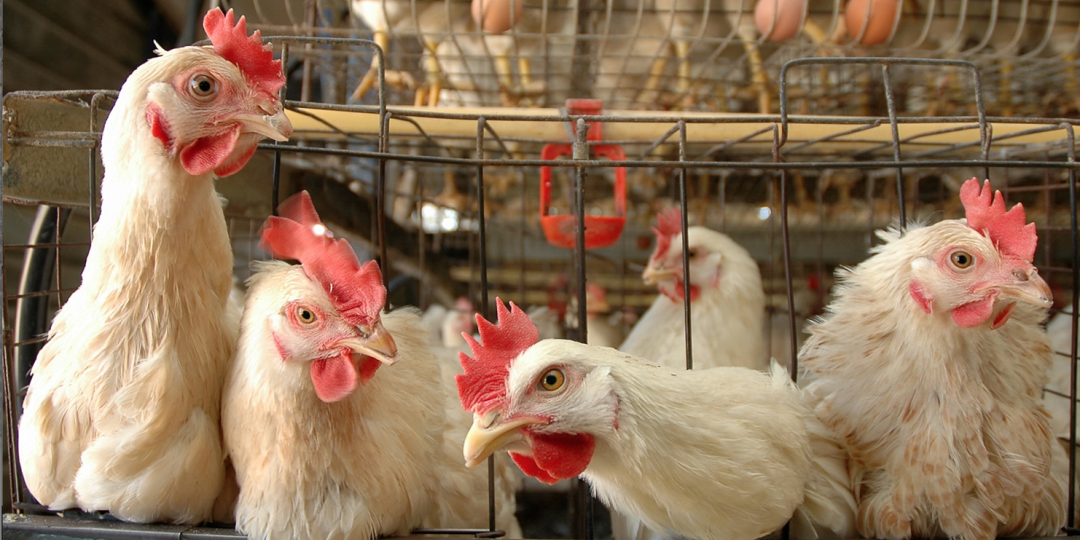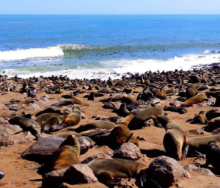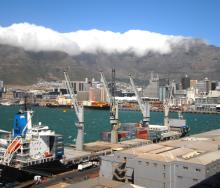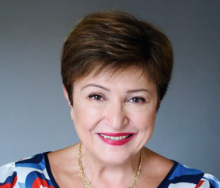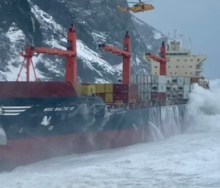The South African Poultry Association (Sapa) has agreed to cooperate fully with the Poultry Market Inquiry announced by the Competition Commission.
Already battered and bruised, the industry has questioned the need for the inquiry and expressed concern at some of the statements and assumptions in the Commission’s announcement.
“We will seek to influence both the terms of reference of the inquiry and its eventual conclusions,” a Sapa statement said.
“We will do this through the provision of facts, data and opinions to illustrate the workings of the South African poultry industry and the factors that help or impede growth, production, employment and profitability.”
Central to the inquiry will be the issue of the concentration of large companies in both the broiler and egg industries.
There seems to be an underlying suspicion that this is bad for the industry and for consumers, the association points out.
“We will provide the inquiry with our views on these matters. The poultry industry is extremely concerned at the Commission’s statement that there are ‘ongoing demands for bailouts through ever-increasing tariffs and the imposition of anti-dumping duties’.
“As Itac (International Trade Administration Commission) and the dtic (Department of Trade, Industry and Competition) will know well, the poultry industry has never in its history asked for ‘bailouts’. What the industry has asked for is protection against unfair and dumped imports.”
According to the statement, the industry’s biggest competitor is imports.
“We are competing with companies in the United States that slaughter more than 45 million birds per week, compared to the 21.5 million per week produced in South Africa.”
The 2019 Poultry Master Plan committed the government to helping to curb imports, to act decisively against illegal and dumped chicken imports, and to promote local industry growth and job creation.
Commenting on questions raised by the inquiry, the statement points out that SA producers are among the most competitive in the world.
“What has added to our cost of production recently has been the rapid rise of feed costs following Russia’s invasion of Ukraine, and local factors such as the billions that producers have to spend to counter the government’s failings to produce reliable electricity and water supplies, and the state of our roads and railways.
The result has been that the industry made no profits last year, and top companies recorded substantial losses.”
It is the largest contributor to the agricultural sector, with a total annual gross production value of almost R72 billion in 2022, accounting for 17.1% of total agricultural gross value and 40.3% of total animal product gross value.
